BIOCAT - BIOCAN
The northern Indian Ocean hosts two of the most intense oxygen minimum zones of the world’s ocean: the Arabian Sea and the Bay of Bengal. The more intense oxygen minimum in the Arabian Sea, is created by increased primary production due to the southwest and northeast monsoon. Denitrification takes place in the oxygen minimum zone, making the Arabian Sea to one of the most important oceanic nitrogen sinks. These processes are significantly affected by global warming and rising nutrient inputs. Anthropogenic activities are already impacting the Arabian Sea's role in the global nitrogen cycle and will continue to do so more intensively in the future.
In the Bay of Bengal, oxygen concentrations are slightly higher and above the denitrification threshold. However, rising anthropogenic inputs of nutrients and trace substances may increase oxygen depletion, potentially pushing conditions beyond the tipping point for denitrification and creating an additional nitrogen sink in the ocean.
In the BIOCAN-N project, biogeochemical processes in the Arabian Sea are examined during the SONNE 303 research cruise, focusing on the nitrogen cycle and organic material degradation across different time scales. The BIOCAT-N project studies major element cycles, oxygen concentrations, and the anthropogenic input of dissolved and particulate matter in the Bay of Bengal during the SONNE 305 research cruise.
At the institute of Carbon Cycles, we investigate the sources and processes of nitrogen in the water column by means of stable isotopes. The results will improve our understanding of the formation and future development of oxygen minimum zones and at the same time will help us to better assess the role of climate climate change and the human acitvities.
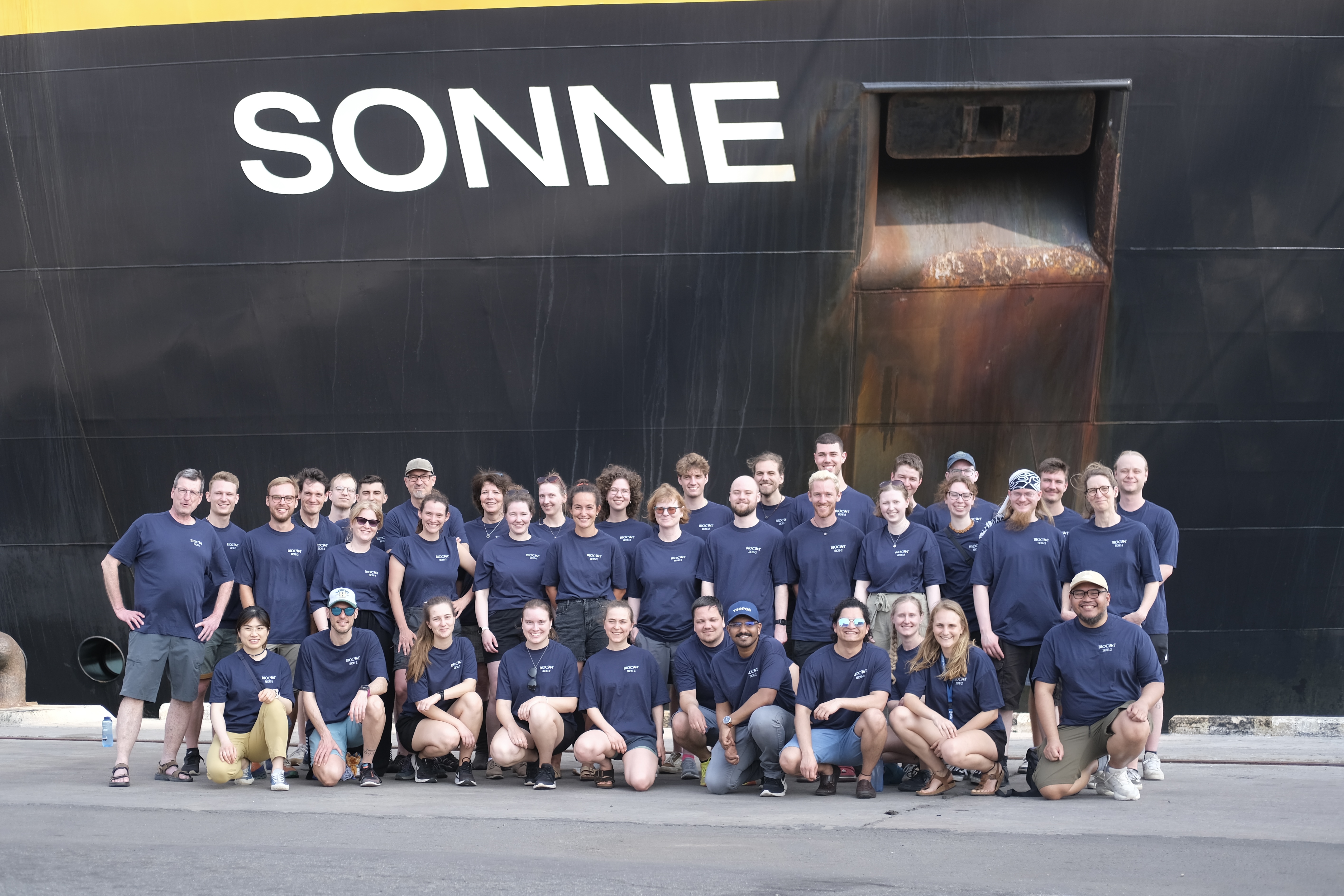
Cruise participants of SONNE 305 in the Bay of Bengal
Source: SO305 cruise report
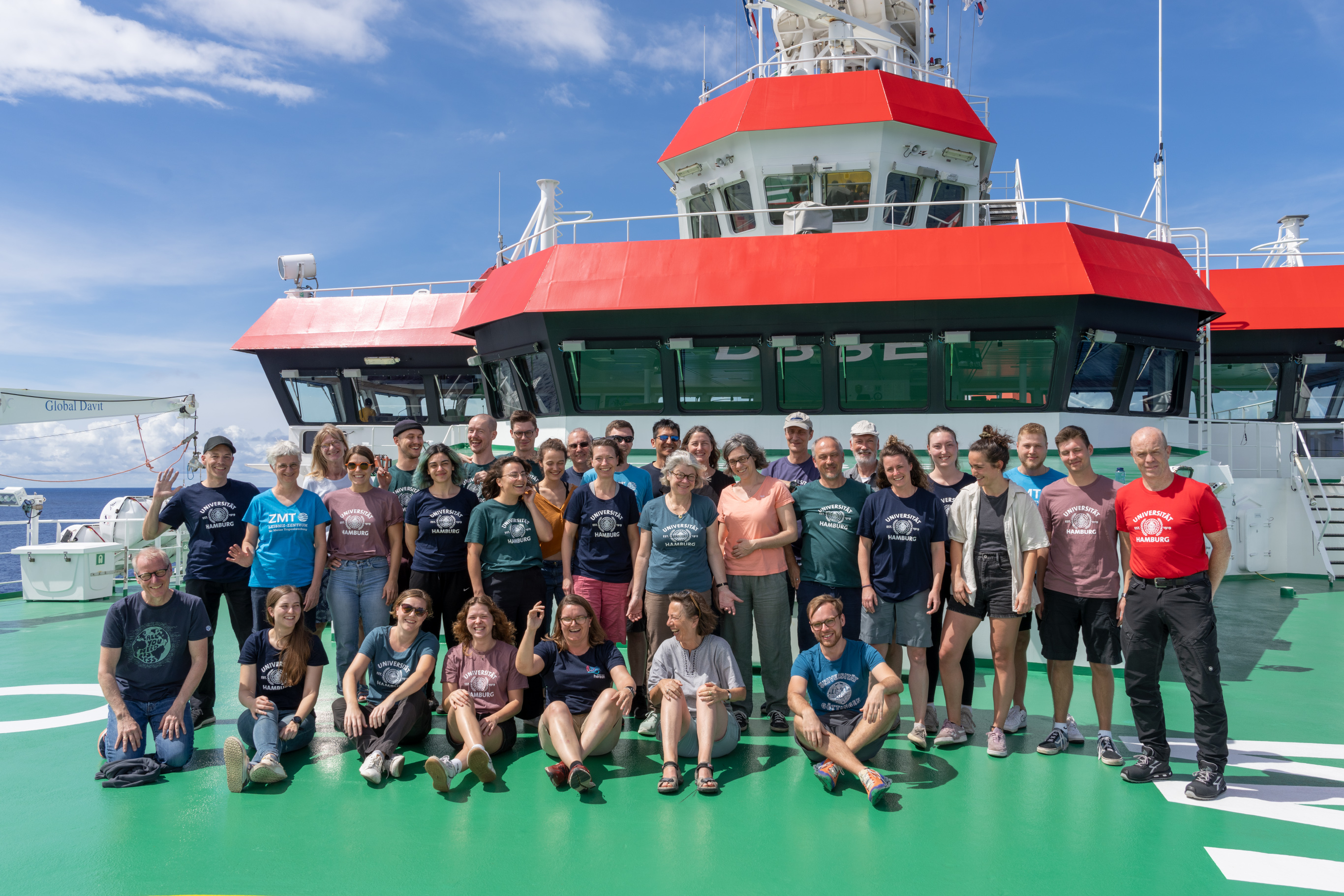
Cruise participants of SONNE 303 in the Indic Ocean
Source: SO303 cruise report
Involved Departments
Aquatic Nutrient CyclesPartnership
Institute of Geology - University of Hamburg Research Unit Marine Biogeochemistry - GEOMAR Helmholtz-Centre for Ocean Research Kiel Leibniz-Centre for Marine Tropical Marine Research (ZMT) Eberhard Karls University Tübingen Center for Marine Environmental Sciences (MARUM) - University of Bremen Leibniz-Institute for Baltic Sea Research Warnemünde (IOW) Leibniz-Institute for Tropospheric Research (TROPOS) University of Southern Denmark (SDK)Contact
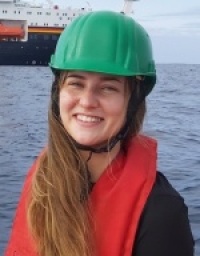
Scientist
Aquatic Nutrient Cycles
Phone: +49 (0)4152 87-1853
Fax: +49 (0)4152 87-1875
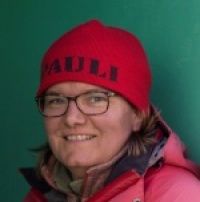
Deparrtment Head
Aquatic Nutrient Cycles
Phone: +49 (0)4152 87-1898
Fax: +49 (0)4152 87-1875
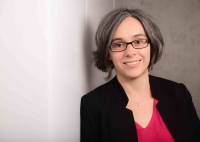
Department Head
Aquatic Nutrient Cycles
Phone: +49 (0)4152 87-1865
Fax: +49 (0)4152 87-1875


